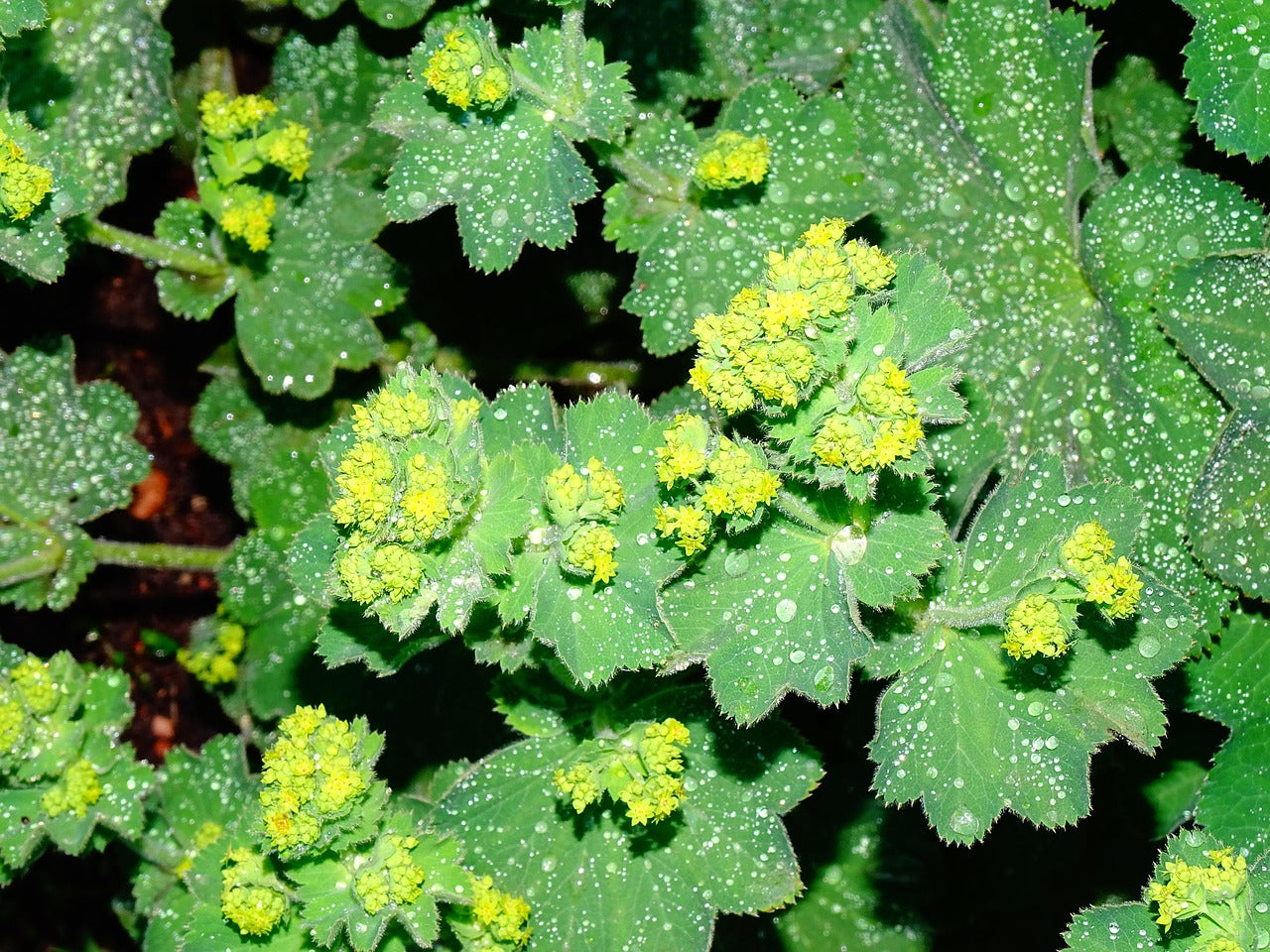
Herbs for women's health by Dylan Parry, BSc Hons Clinical Herbalism
Women’s health is such a vast subject, as there are many conditions which women are predisposed to, especially when it comes to the reproductive system! Unfortunately, women’s health used to be overlooked in the medical systems and in research, as women were often classed as ‘hysterical’ and told to get on with things. However, herbal medicine has always kept a space for women’s health and wellbeing and there are lots of herbs which may help with hormonal regulation, menopause, Polycystic Ovary Syndrome and others. Therefore, this blog aims to inform women about herbs, which you could add into your daily routine to help your health!
Menstruation, the menstrual cycle and menopause:
Now what are the main points of women’s health? When I think of women’s health, I think of menstruation and menopause, as these two health factors are massive parts of women’s lives.
Often, I find that menstruation is something that is hushed away and not mentioned. However, in recent times, menstruation and information about menstrual cycles are coming to the surface and women’s health is coming to the forefront. However, as women we are offered very little as a solution for our menstrual problems, often times we are offered the contraceptive pill, which can sometimes exacerbate health issues.
Some of the issues that we experience with our menstrual cycles are linked to what we experience in menopause, such as mood swings and irregular menstruation linked to hormonal fluctuations etc.
What are the main issues with the menstrual cycles & menopause?
- Menstrual cycles:
- Irregular menstruation
- Heavy and scanty bleeding
- Pain and cramping
- Emotional mood swings
Menopause:
- Hot flushes
- Emotional mood swings
- Osteoporosis
- Irregular menstruation
The Herbs
Alchemilla vulgaris - Lady’s Mantle

Lady’s mantle (Alchemilla vulgaris) has a long-standing reputation in traditional European herbal medicine for supporting women's reproductive health, particularly in managing menstrual and menopausal symptoms. The herb is rich in tannins, which give it strong astringent properties, making it particularly useful in alleviating heavy menstrual bleeding and regulating irregular cycles. Its anti-inflammatory effects may also ease uterine cramping and discomfort during menstruation. In addition to its benefits for menstruation, lady’s mantle is often used during menopause to help address common symptoms such as hot flashes, night sweats, and mood swings. This is thought to be due in part to its phytoestrogen content, which may help gently balance hormonal fluctuations. Furthermore, it has been traditionally used to tone the uterus and support overall pelvic health, which is especially beneficial during the transitional phases of a woman’s life cycle. While rigorous clinical trials are still limited, its effectiveness is supported by centuries of use and inclusion in modern herbal formulas targeting female hormonal health. According to Principles and Practice of Phytotherapy by Simon Mills and Kerry Bone (2013), lady’s mantle is a valuable uterine tonic with applications for both menorrhagia (heavy menstrual bleeding) and menopausal symptoms, highlighting its versatility and gentle efficacy in women's health care.

Vervain, or Verbena officinalis, has long been valued in traditional Western herbalism for its calming and restorative properties, particularly in the realm of women’s health. This gentle nervine is commonly used to ease the emotional and psychological stress associated with hormonal fluctuations, such as anxiety, irritability, and mild depression often experienced during premenstrual syndrome (PMS) and menopause. Its antispasmodic properties may also help relieve uterine cramping and tension headaches that coincide with menstruation. Vervain is often included in formulas for women experiencing hormonal imbalances, as it supports the nervous system and promotes a sense of emotional stability, which is crucial during both the menstrual cycle and menopausal transition. Herbalists recommend it not only for its mood-stabilizing effects but also for its traditional role in promoting liver health, which is essential for proper hormone metabolism and detoxification.
Trifolium pratense – Red Clover

Red clover (Trifolium pratense) is one of the most researched herbs for menopause due to its high content of isoflavones—plant-based phytoestrogens that can mimic oestrogen in the body. This makes it a valuable ally for women navigating perimenopause and menopause, helping to ease symptoms such as hot flashes, night sweats, and vaginal dryness. Red clover also supports cardiovascular and bone health, both of which are important concerns post-menopause. Traditionally used as a blood purifier and lymphatic tonic, it has also been recommended for irregular or painful menstrual cycles. Its mild hormonal activity can help balance fluctuating oestrogen levels, making it especially useful during the hormonal rollercoaster of midlife.
Leonurus cardiaca – Motherwort

True to its name, motherwort (Leonurus cardiaca) has been a beloved herb for mothers and women for centuries. It is especially valued for its ability to calm a racing heart, both literally and figuratively—its name stems from its historic use in treating heart palpitations linked to anxiety or hormonal shifts. Motherwort is a powerful uterine tonic and antispasmodic, making it useful for easing menstrual cramps and promoting a regular cycle. During menopause, it is commonly used to alleviate anxiety, insomnia, and palpitations that often accompany hormonal changes. Its bitter constituents also stimulate digestion and liver function, further supporting hormonal detoxification. Herbalists often recommend motherwort for women who feel emotionally overwhelmed, particularly during the intense transitions of perimenopause or postpartum recovery.
Salvia officinalis – Sage

Sage (Salvia officinalis) is best known as a culinary herb, but it holds significant medicinal value, particularly for menopausal women. One of sage’s most notable benefits is its ability to reduce excessive sweating and hot flashes—a common and often distressing symptom of menopause. This is due to its astringent and anticholinergic properties, which help regulate the sweat glands and cool internal heat. Sage is also mildly estrogenic and rich in antioxidants, which may offer additional support during hormonal transitions. Beyond its effects on thermoregulation, sage has cognitive benefits, traditionally used to enhance memory and concentration—functions that may decline during menopause due to hormonal shifts. Its versatility and safety make it a popular addition to herbal formulations for menopausal support.
Angelica sinensis – Dong Quai
Dong quai (Angelica sinensis), often referred to as "female ginseng," is a cornerstone of Traditional Chinese Medicine (TCM) for supporting menstrual and menopausal health. It is used to nourish and tonify the blood, regulate the menstrual cycle, and relieve menstrual pain and stagnation. In menopause, dong quai is believed to replenish depleted vitality and alleviate symptoms such as hot flashes, vaginal dryness, and fatigue. It also supports circulation and has mild estrogenic effects, helping to restore hormonal balance. In TCM, it is rarely used on its own but as part of a broader formula tailored to the individual's pattern of imbalance. Western herbalists have adopted it for its ability to ease both physical and emotional symptoms of hormonal changes, especially when low energy and dryness are predominant.
Achillea millefolium – Yarrow

Yarrow (Achillea millefolium) is a deeply versatile herb, traditionally used for its astringent, anti-inflammatory, and circulatory properties. In the realm of women’s health, it shines as a remedy for heavy or irregular menstrual bleeding and cramping, due to its ability to tone the uterus and reduce congestion in the pelvic area. Yarrow is also known to support blood flow while simultaneously regulating bleeding—an unusual but valuable combination. For menopausal women, it offers gentle liver support and hormonal balancing properties, helping the body process shifting hormone levels more effectively. Its bitter compounds stimulate digestion and detoxification, both of which are essential for healthy hormone metabolism. As a diaphoretic, yarrow may also help relieve tension and promote relaxation, easing the stress that often accompanies hormonal transitions.
Conclusion
There are many different herbs which can be used and are useful for menstruation and the menopause, however the ones written about above are a good starting point to help ease your menstrual or menopausal problems. These herbs can be used as tinctures, in herbal tea blends or capsules. However, it is recommended that you check with a practitioner if you are on medications, have underlying health issues or are under 12 years old.
